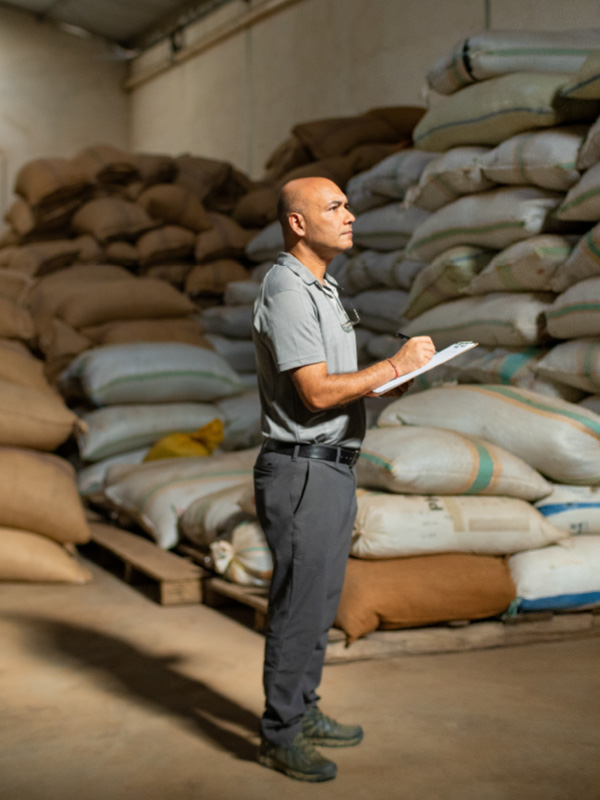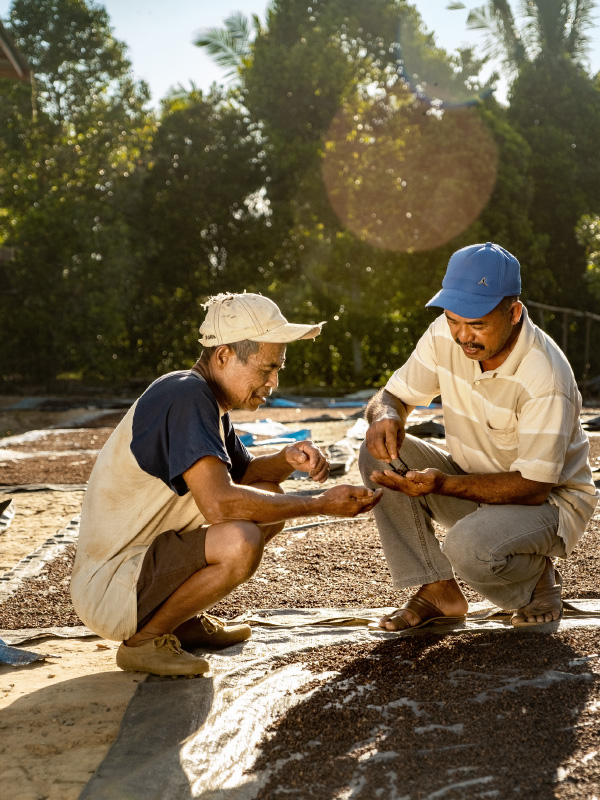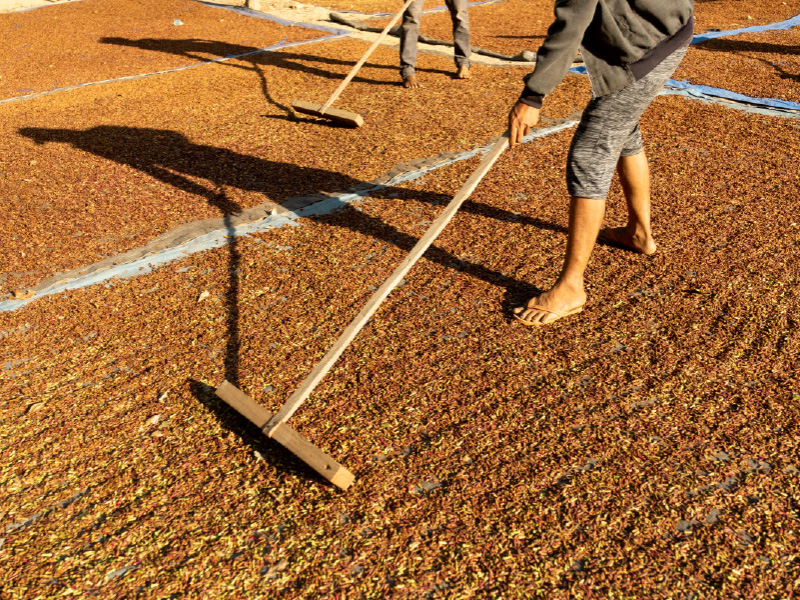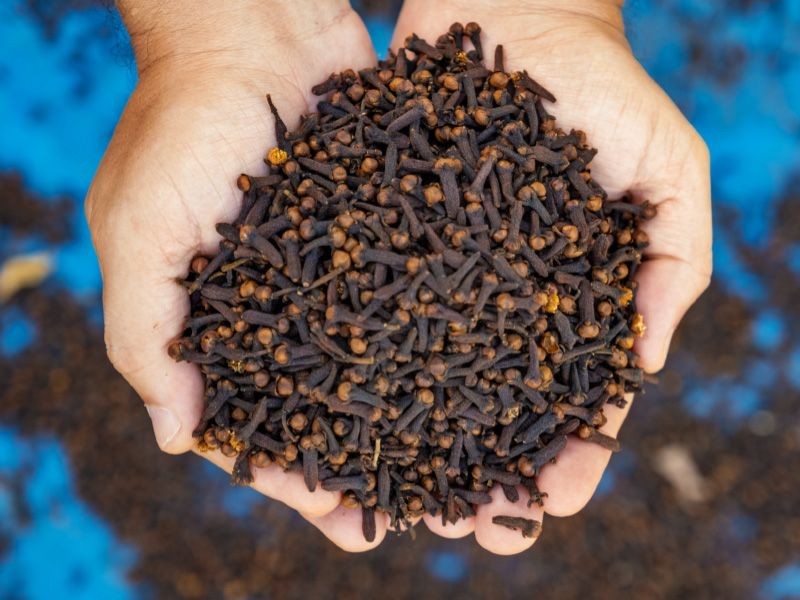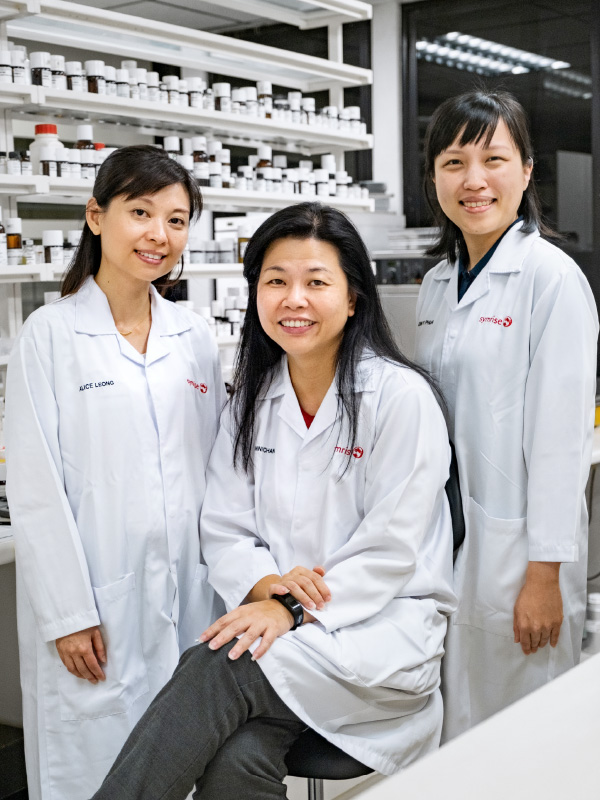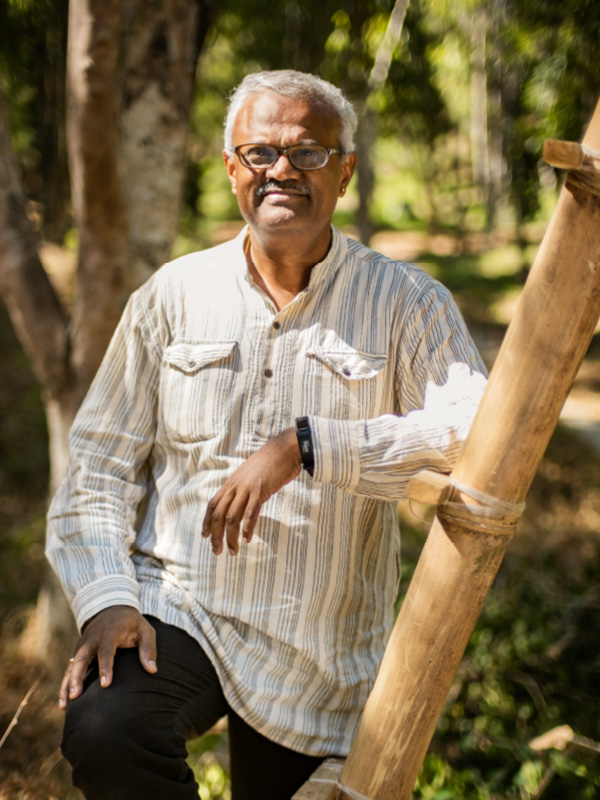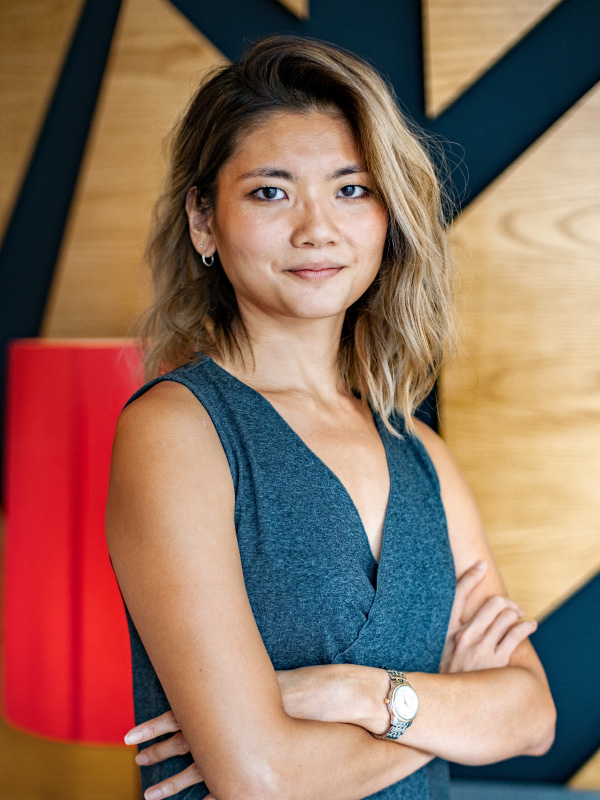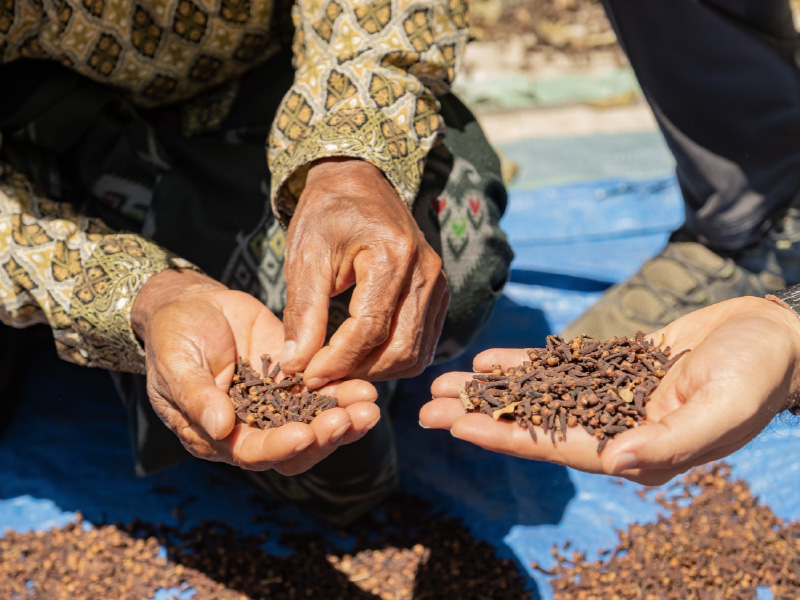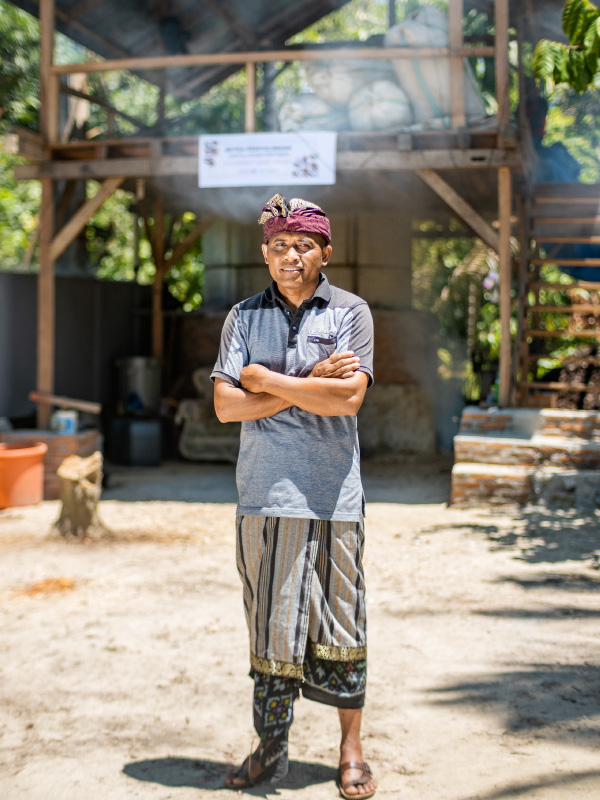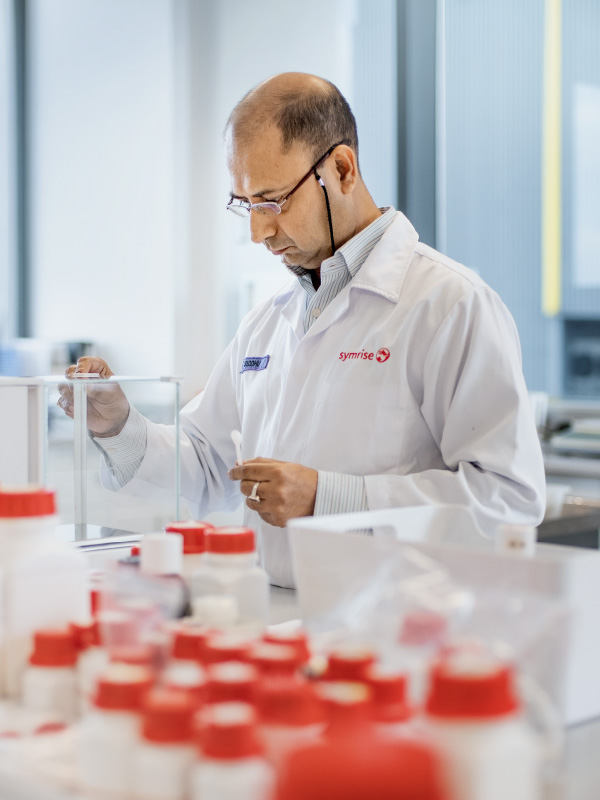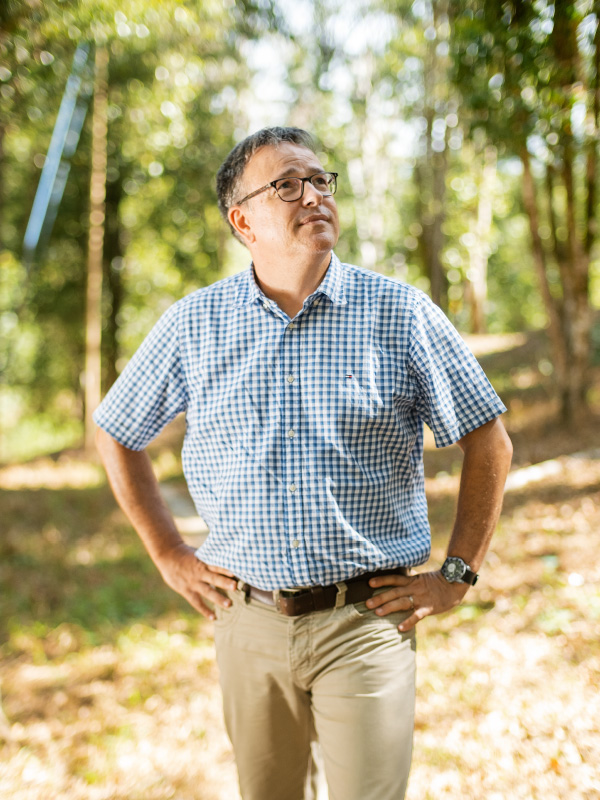Cloves have a wide variety of uses. In India, the spice is used in almost every curry dish; in Europe and the USA, it is primarily used around the christmas season for meat dishes, cookies and warm beverages; in some areas in Africa, it is used to add flavor to rice dishes.
Clove oil is also popular in aromatherapy and has been used in many parts of the world for centuries to help with toothaches. It’s here, in the Oral Care segment, that it plays a major role for Symrise. In Asia above all, there are few oral hygiene products that don’t contain eugenol, the primary component of clove oil. Symrise sources the product primarily from Indonesia. On the Indonesian island of Sulawesi, the company has linked its supply chain closely with the supplier Van Aroma and the local farmers. Together they have developed a process that will reduce the strain on resources when cultivating cloves.

